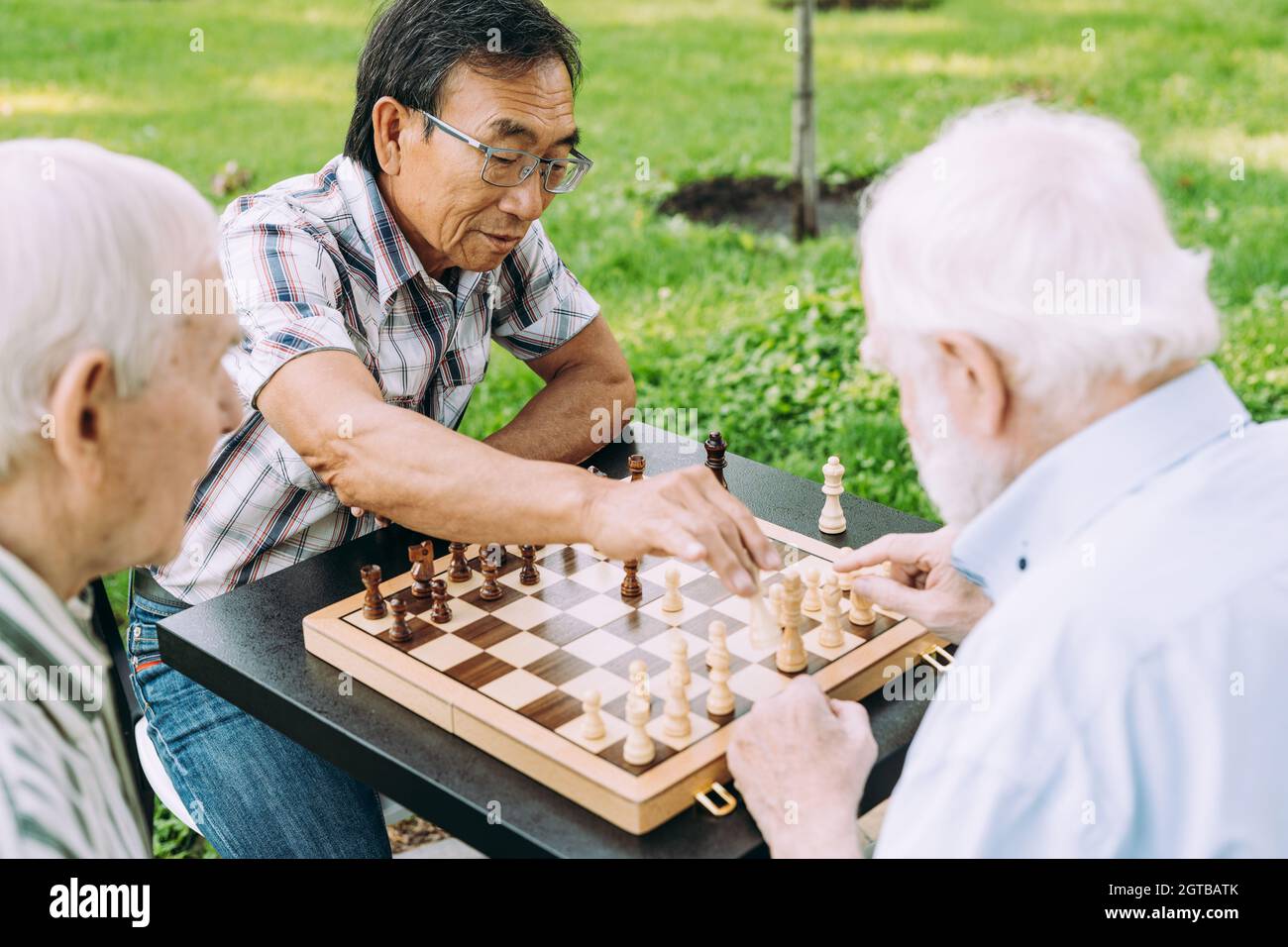

By the halfway mark, Kasparov no longer had any reason to try hard. He divides the twenty games actually played into two halves, and tells us that while Kasparov won the first half 7½-2½, Short recovered his honor by drawing the second half 5-5. Lawson is unwilling to accept this all too obvious narrative and shamelessly rearranges events to present a version more flattering to his friend. He lost three of the first four games, after which the twenty-four game match was effectively already over. Short surprised many people by beating Karpov in the final of the Candidates Tournament, but was then annihilated by Kasparov. Kasparov turned out to be absolutely right. (This is sometimes quoted as "My opponent will be Short, and the match will be short").

Kasparov replied "My opponent, and the match, will be Short". Early in the qualification cycle, a journalist asked him what he thought would happen. Kasparov's most famous witticism is a prediction about this event. The result is about as dismally far from an objective record as one would expect. To make things worse, Lawson was friendly with Short. The match was played in September and October, and the book appeared in December. It's an account of the 1993 World Chess Championship match between Garry Kasparov and Nigel Short. Well, The Inner Game is certainly a good illustration of Not's thesis. No perspective, she says she'll wait until people have had a chance to weigh the evidence dispassionately. Not, a historian by training, is invariably dismissive of books that describe recent events.


 0 kommentar(er)
0 kommentar(er)
